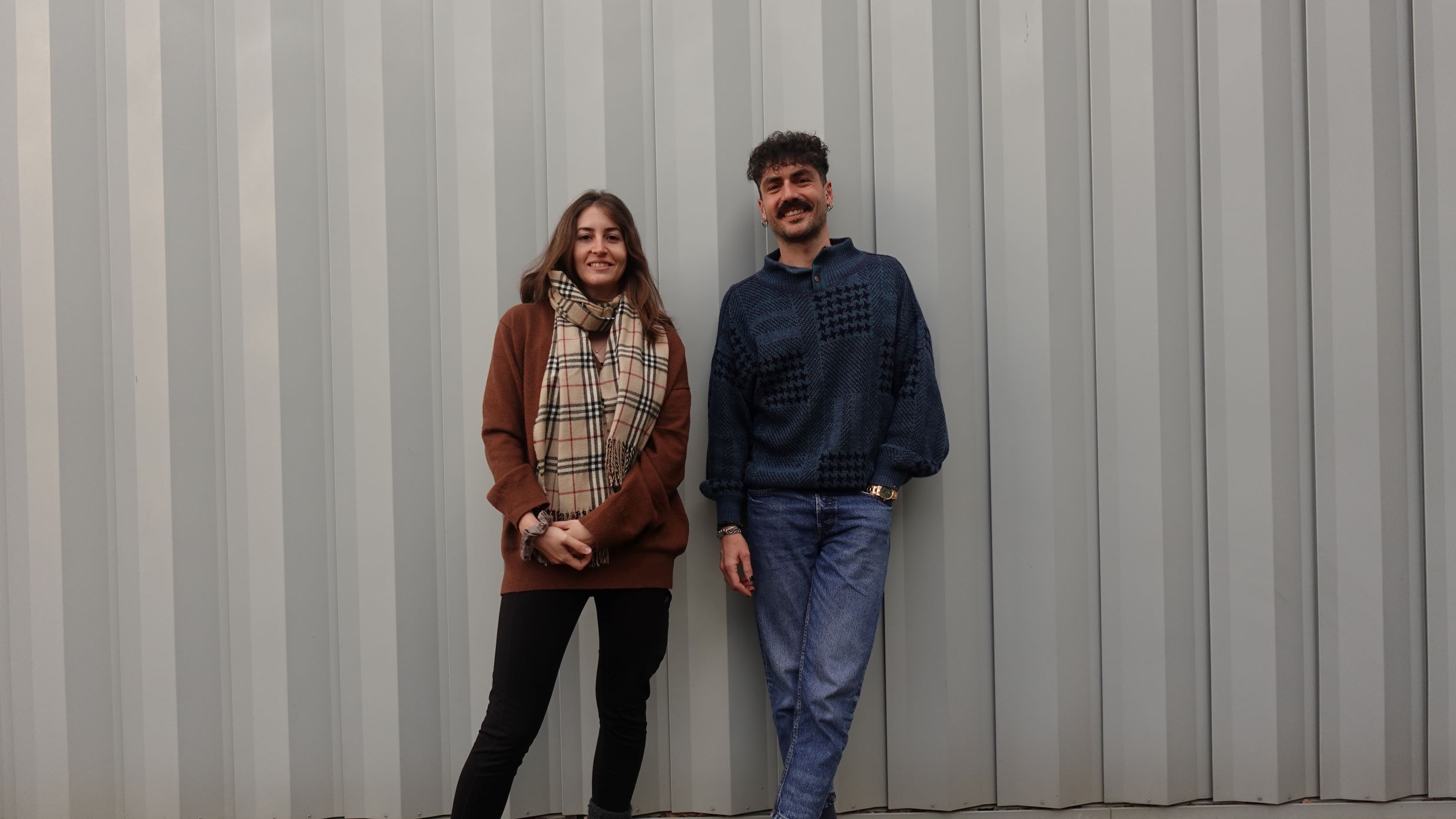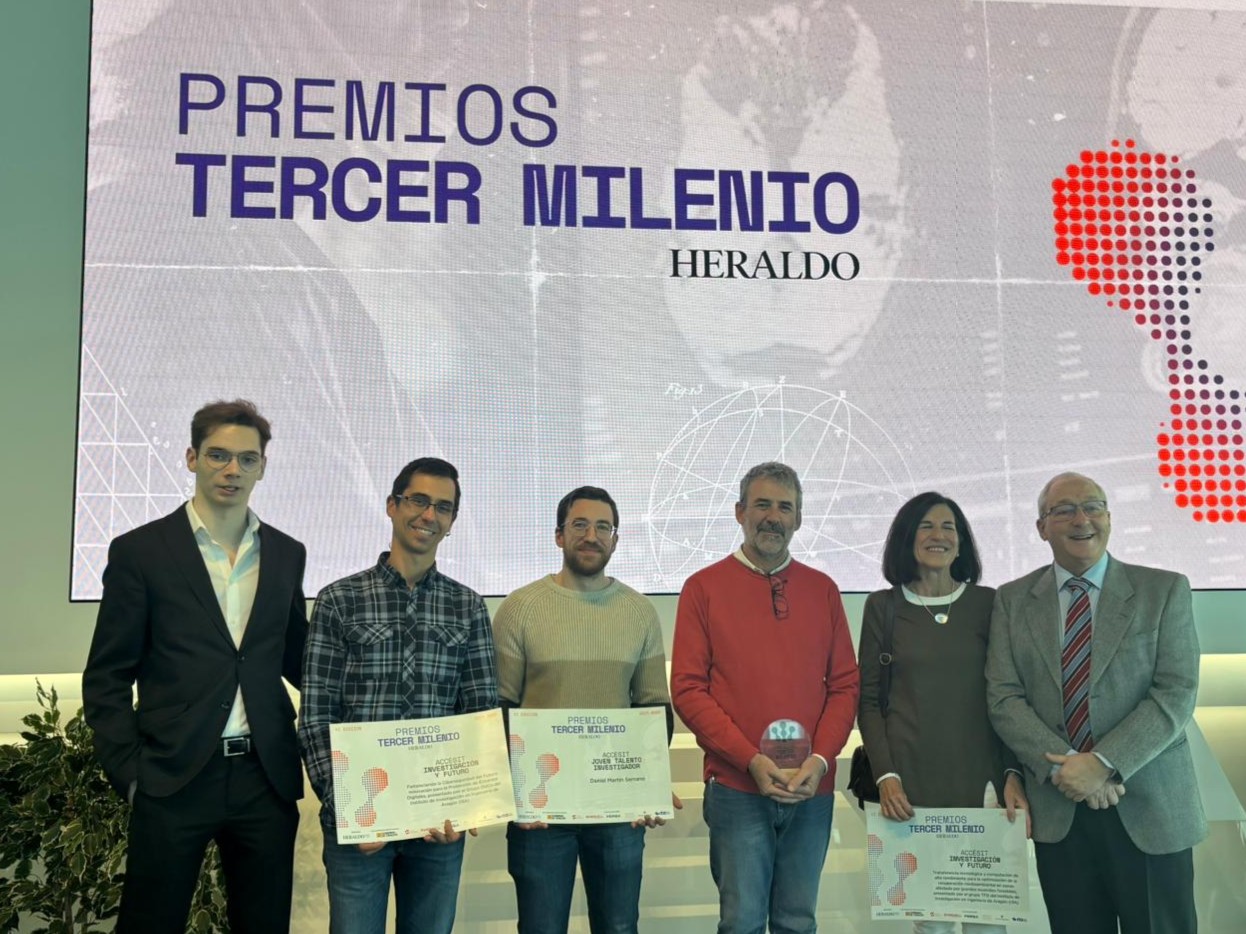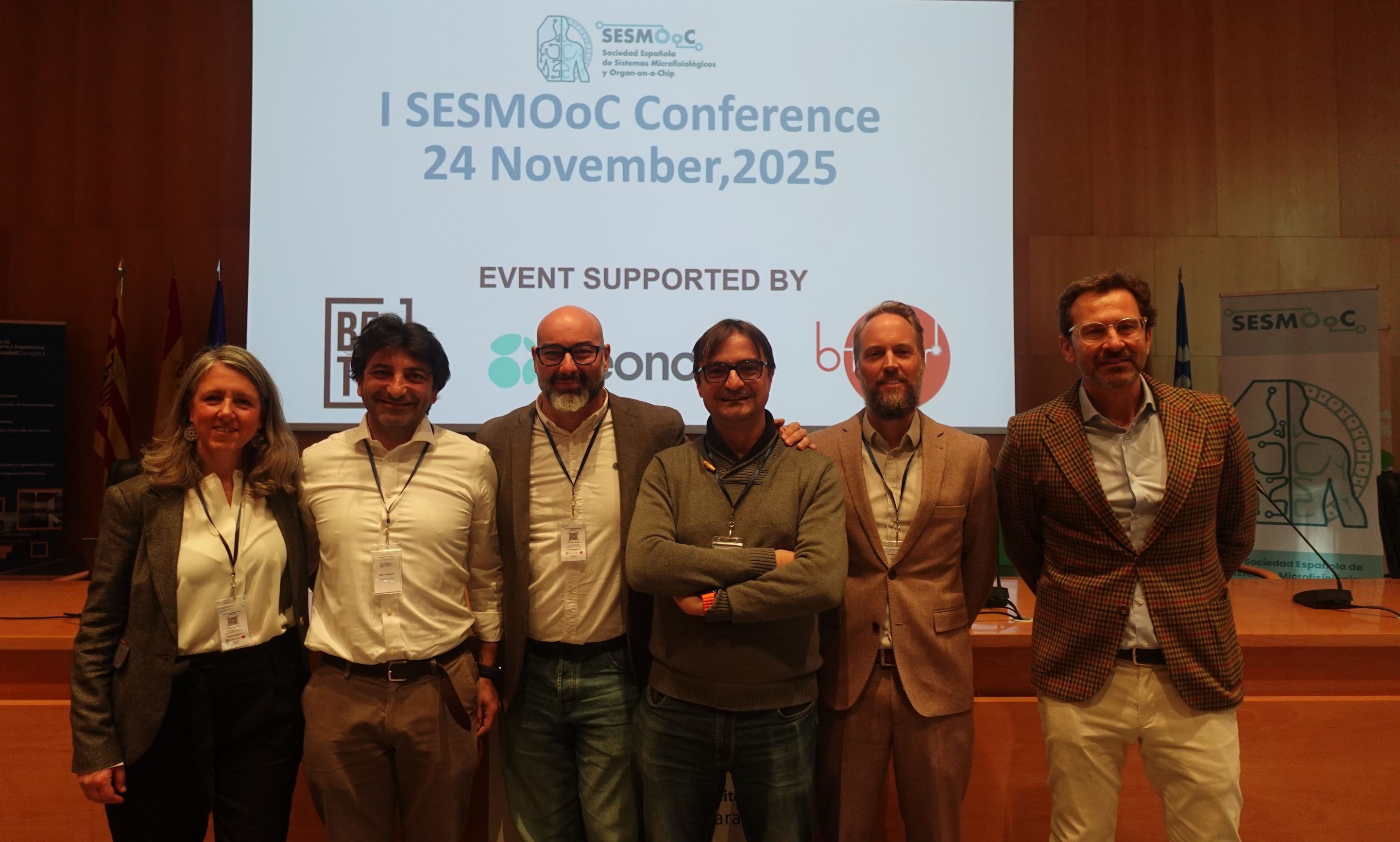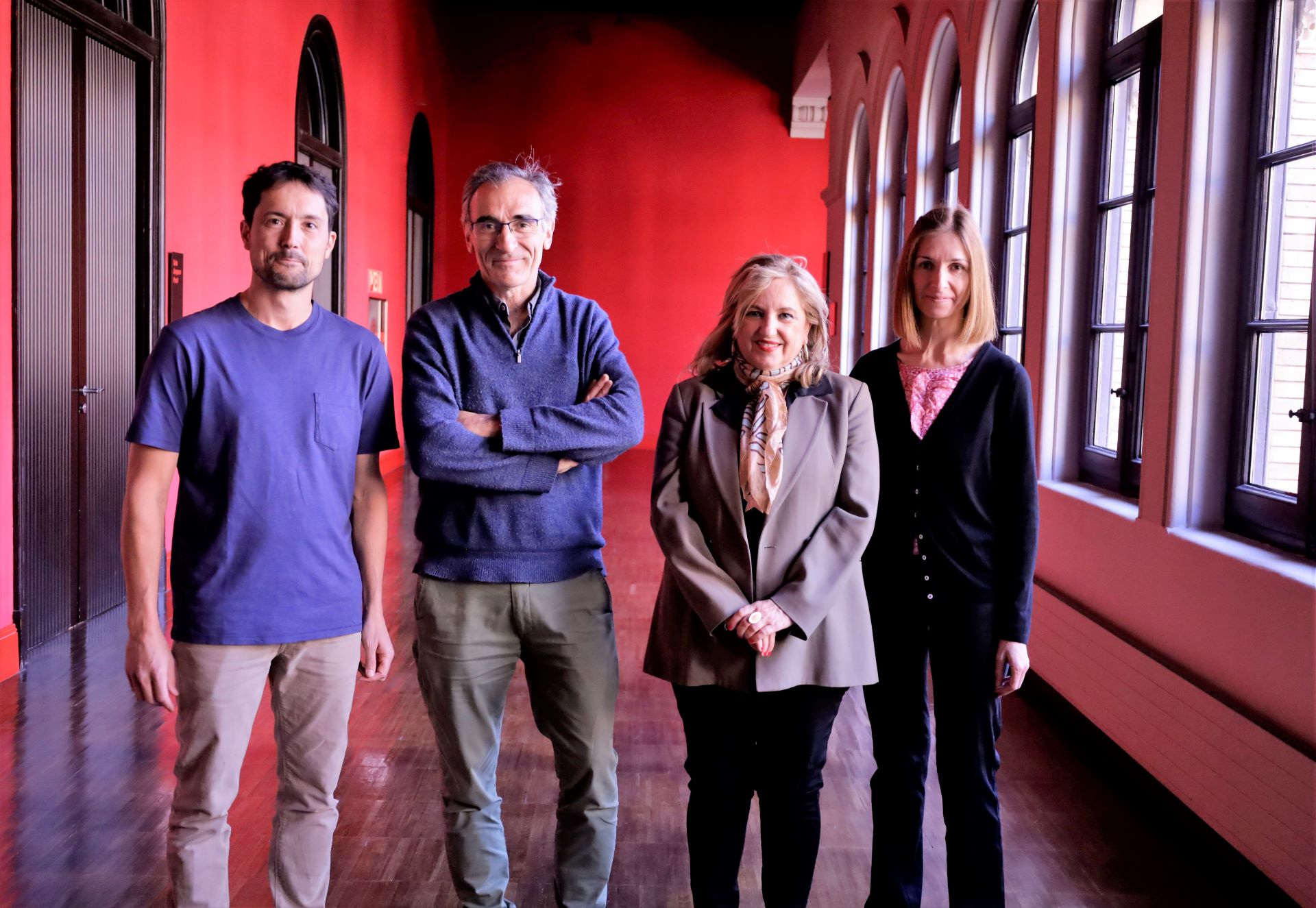
Jaime Ibáñez, a researcher at the University of Zaragoza, at the Aragon Institute for Engineering Research (I3A), has been awarded an ERC Starting Grant, the most competitive and prestigious grant from the European Research Council (ERC), worth one and a half million euros, which will allow him over the next five years to "study muscle activity as a window to the brain, to investigate the origin and relevance of neuronal signals generated by the brain and spinal cord".
This EU research and innovation programme aims to boost the talents and scientific careers of excellent young researchers and their research teams to carry out novel research with great potential to advance scientific knowledge, but with high risk.
The funding for this project, called ECHOES, will involve setting up a research laboratory in Neurosciences, Neuroengineering, Computational Neuroscience and Neurorehabilitation and will have a research team of five professionals from different fields. The basic research to be carried out may lead to the development of new technologies of relevance in the clinical and industrial fields. To this end, the project also includes collaborations with important groups in other countries such as the United Kingdom.
It was presented this morning in the auditorium of the University of Zaragoza by Rosa Bolea, vice-rector of Science Policy, Pablo Laguna, director of the I3A, and Esther Pueyo and Jaime Ibáñez, principal investigator and researcher of the BSiCoS group of the I3A, respectively.
The ECHOES project aims to advance new methods of analysing the electrical fields produced by muscles during movement. Some of the information recorded from muscles originates in different regions of the central nervous system (such as the cerebral cortex) and travels through the nerves and muscles without modifying the motor commands received by the muscles. This information represents a potential resource for obtaining an alternative measure of the activity occurring in relevant regions of the central nervous system. ECHOES seeks to advance methods that exploit this source of information.
In recent years, "I have conducted studies showing that muscle activity can provide information with a strong link to brain processes. This opens a window to new ways of measuring and interacting with activity in the central nervous system without the need for highly invasive methods such as intracranial recordings," Ibáñez points out.
Currently, there is a lack of reliable and accurate techniques to access central nervous system activity. The I3A Unizar researcher's project will address the scientific and engineering challenges to develop a disruptive neuroimaging solution for recording neuronal activity in the central nervous system. As Jaime Ibáñez explains, 'This technology will provide unprecedented spatio-temporal resolution in the recording of neural activity and will allow neural interfaces with the brain and spinal cord to be advanced to a much wider range of scenarios and conditions than any other existing neuroimaging technology.
In sum, the ECHOES project proposes a radically new approach towards reading neural activity in the human brain and spinal cord by revealing the information content in muscle recordings that have no direct role in movement. The ECHOES project is funded by the European Union, Horizon Europe Programme (Grant Agreement 101077693).
Jaime Ibáñez is a Telecommunications Engineer, holds a Master's degree in Biomedical Engineering and a PhD in Computer Science and Systems Engineering. He did his PhD at the Centro de Automática y Robótica del CSIC. He did postdocs at the Instituto Cajal of the CSIC, at University College London (with a Marie-Sklodowska Curie fellowship) and at Imperial College London.
In 2021 she obtained a Junio Leader Incoming grant from the La Caixa Foundation, which enabled her to start her own laboratory at the Aragon Health Research Institute (IIS) and the University of Zaragoza.
Since January 2023 he has been working at the Aragon Institute for Engineering Research (I3A) of the University of Zaragoza with a Ramón y Cajal contract. His main line of research focuses on the development of methods for recording and analysing neural activity to model healthy and pathological movement in humans and to develop new forms of human-machine interaction. His research work is carried out within the Biomedical Signal Interpretation and Computational Simulation (BSiCoS) group at the I3A.
With the ERC that has just been awarded, the University of Zaragoza has gone from 13 to 14 top-level projects, with an overall funding of 24.4M€ from the European Research Council. Specifically, the 14 ERC projects obtained from 2009 to date are distributed in four categories: Starting (6), Consolidator (3), Advanced (4) and a "Proof of Concept".
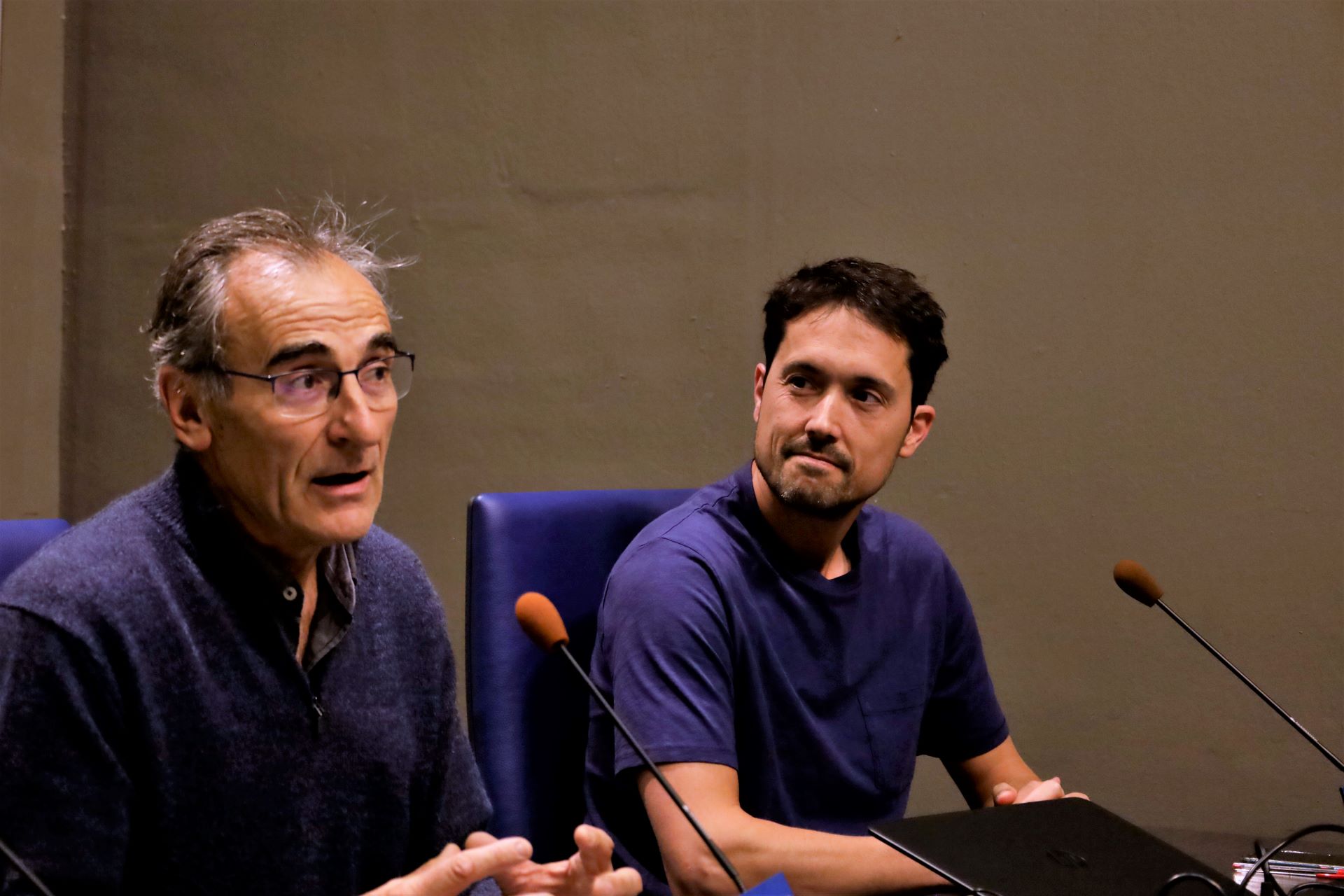
Photographs: Silvia Porras (Communication Office of the University of Zaragoza)

